The Women’s March has drawn huge crowds and big controversy since it took over the streets of every major U.S. city following Donald Trump’s inauguration in 2017. The original march was criticized for centering the voices and experiences of white cis women, and for not being disability-friendly. This year, the march found itself mired in controversy after Women’s March, Inc. co-chairs co-chairs Tamika Mallory and Carmen Perez were accused of anti-Semitism.
The Los Angeles Women’s March, which I attended this year, is an entirely different foundation with different organizers. Yes, there were problematic white people at this march, but trying to learn from the mistakes of previous years and organizers, the LA Women’s March’s mission statement is intersectional and inclusive. Hidden in the sea of pussy hats and Instagram marchers, folks took up space, amplified others’ voices, and marched for intersectionality.
I fully support people not marching. I fully support people marching. You do you. Do what feels right. Marching helps some people and not marching helps some people. We are all on our own journey.
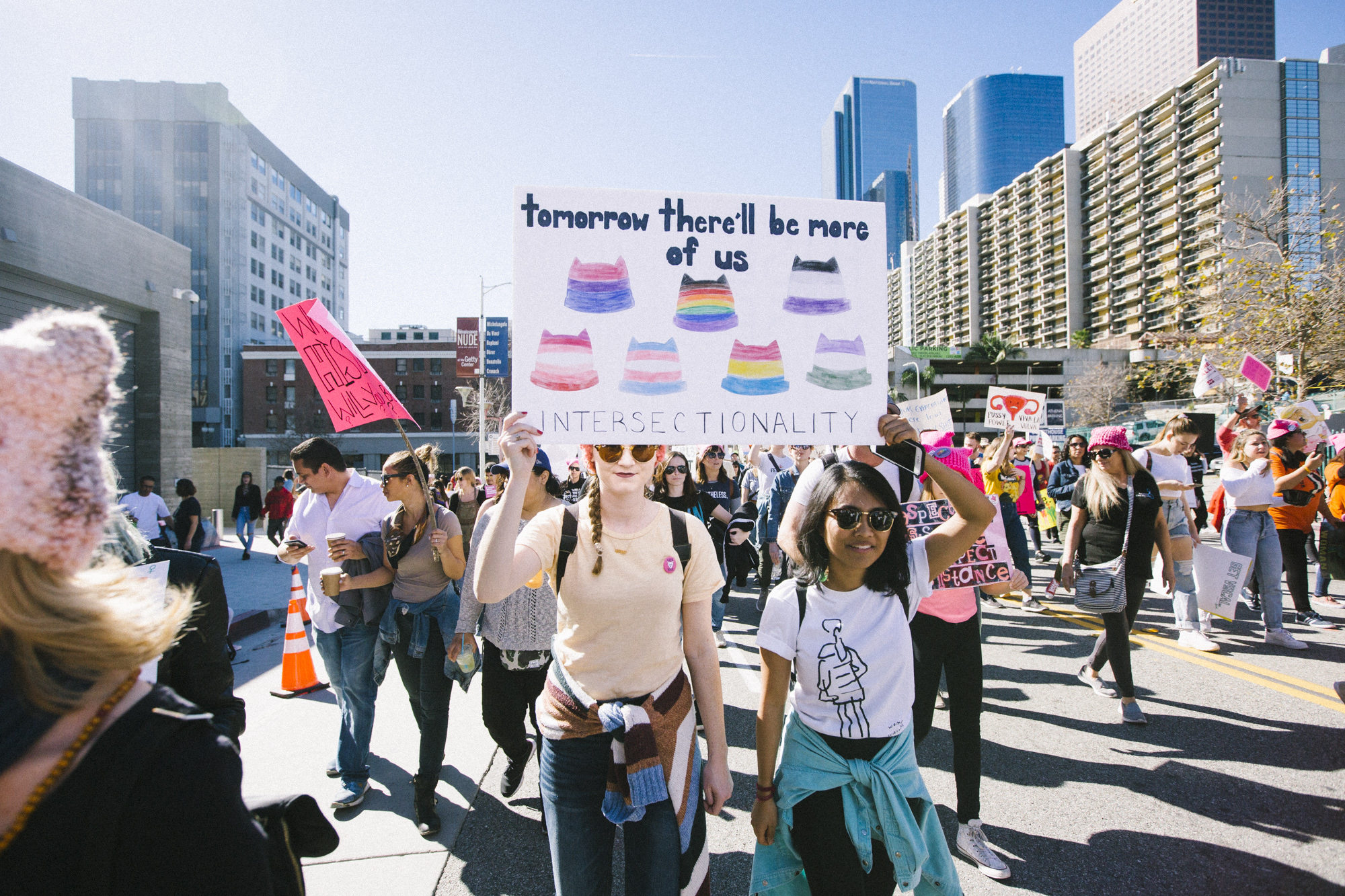
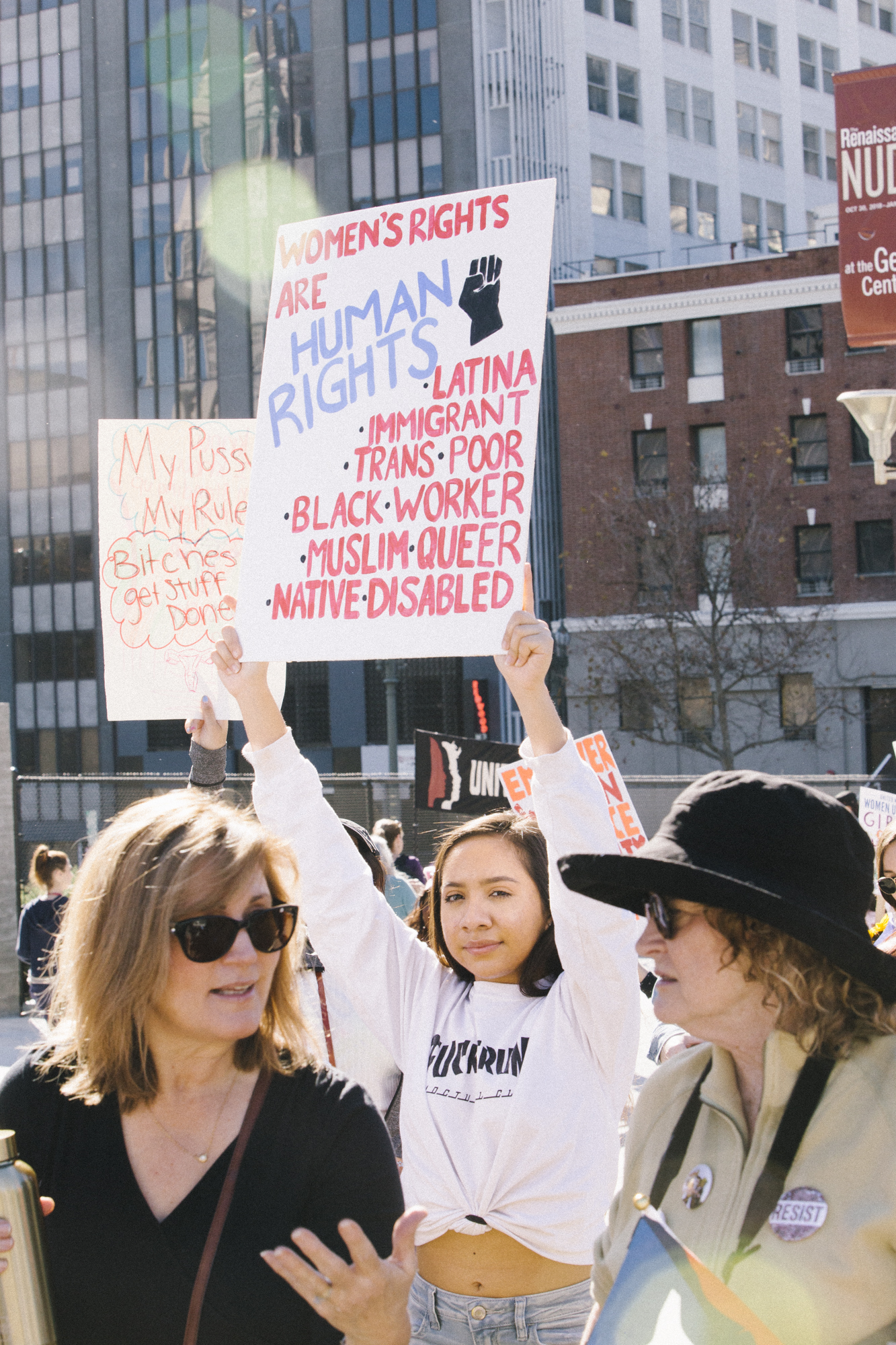
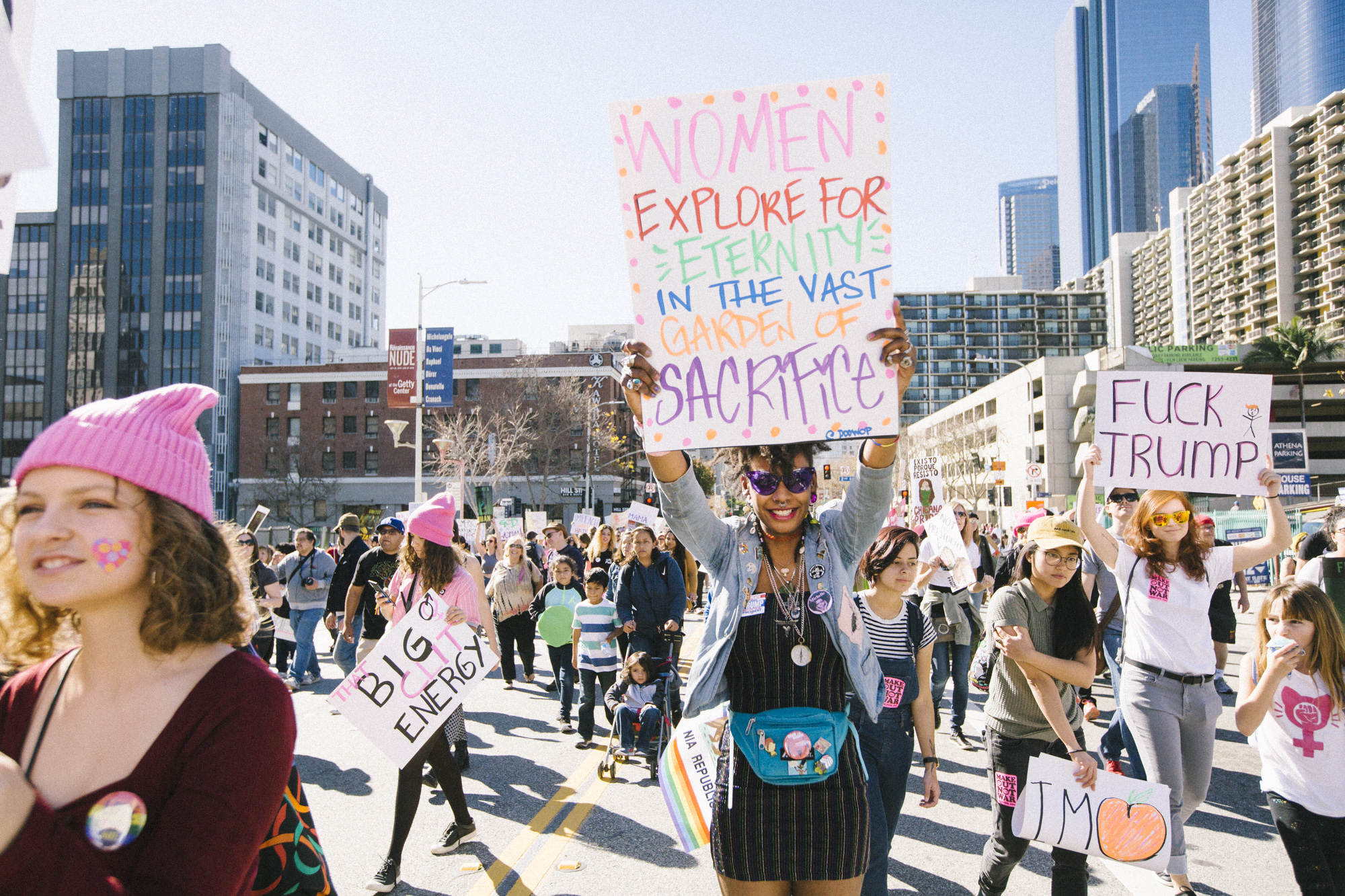
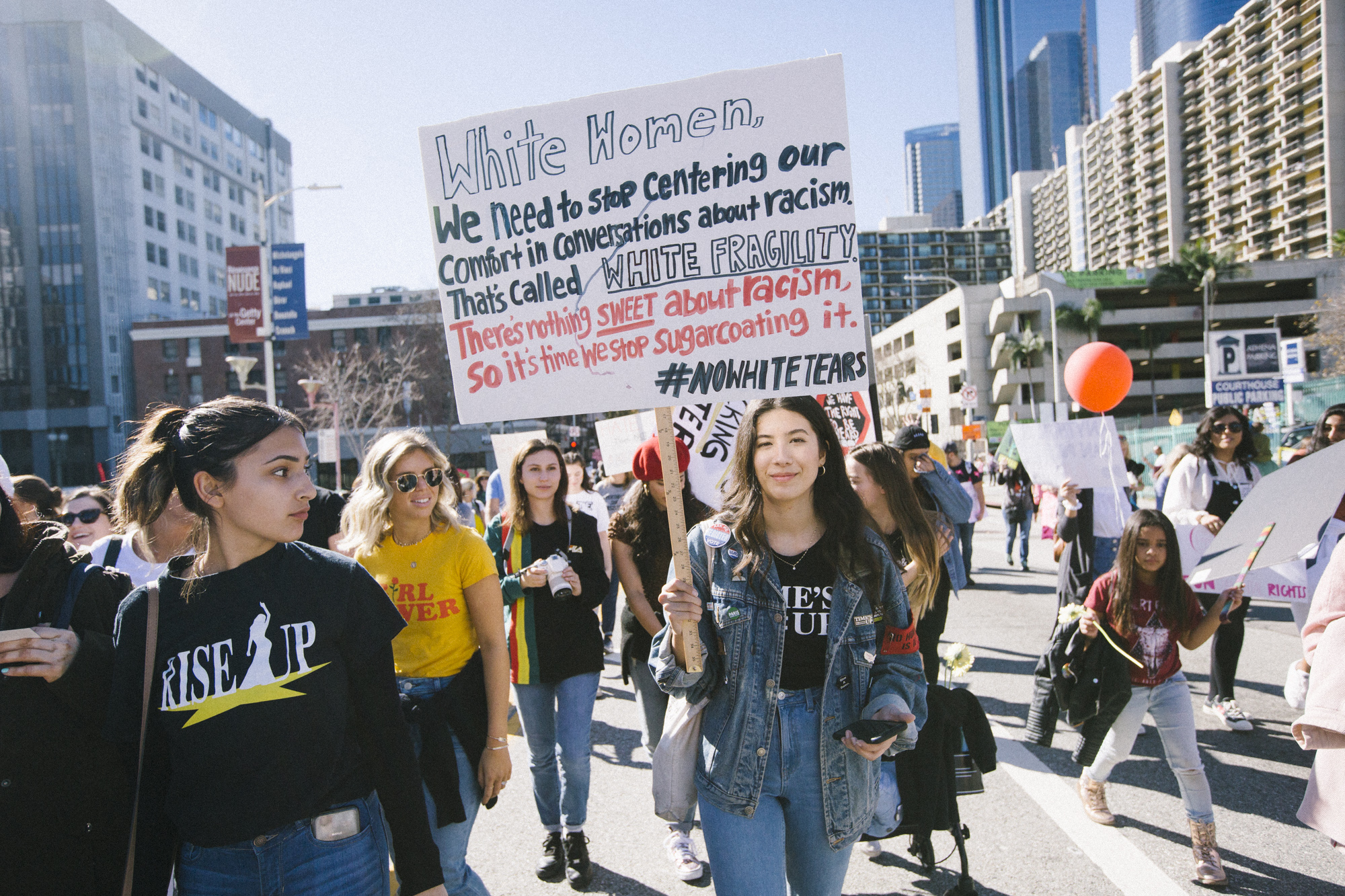
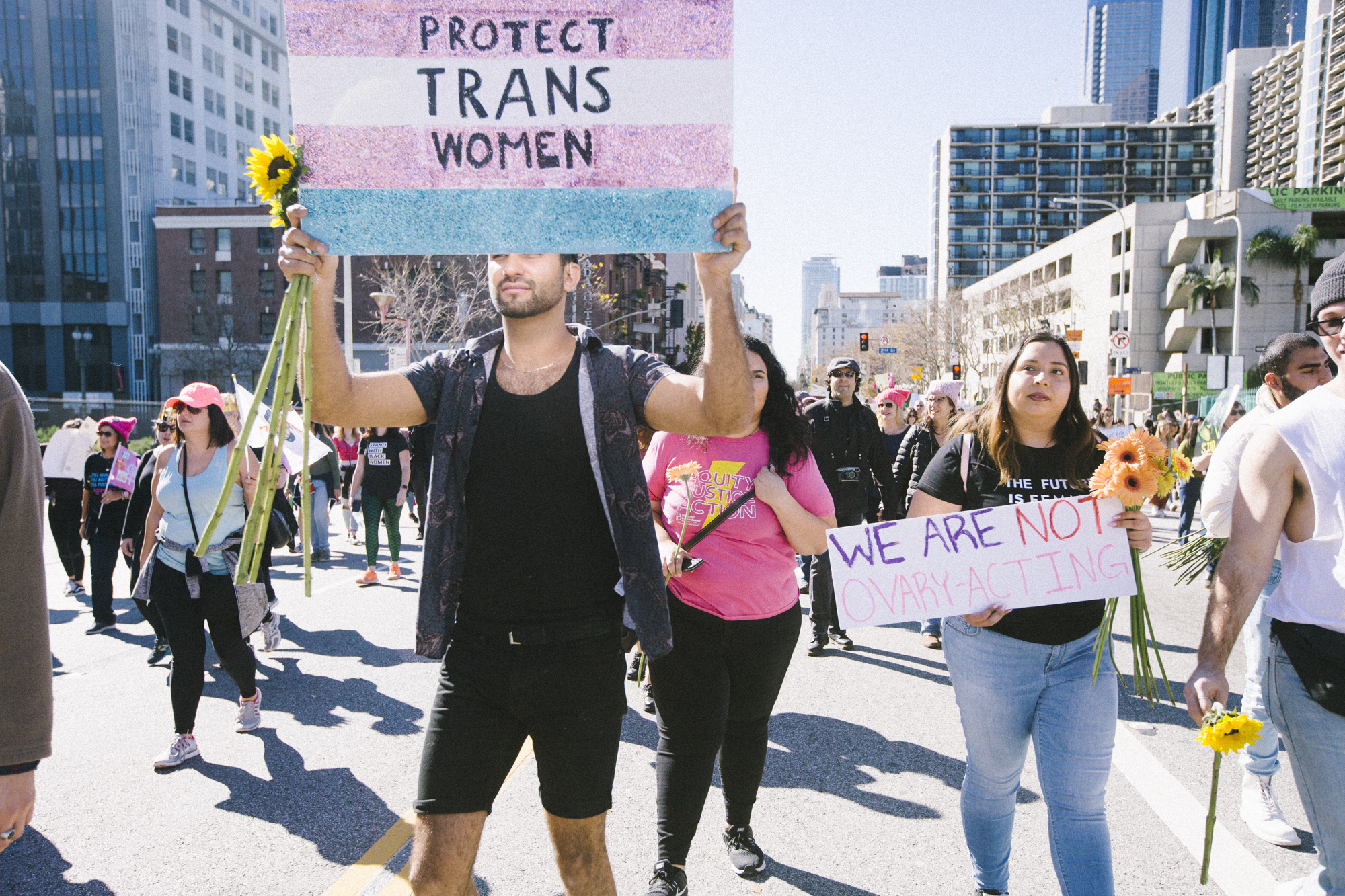
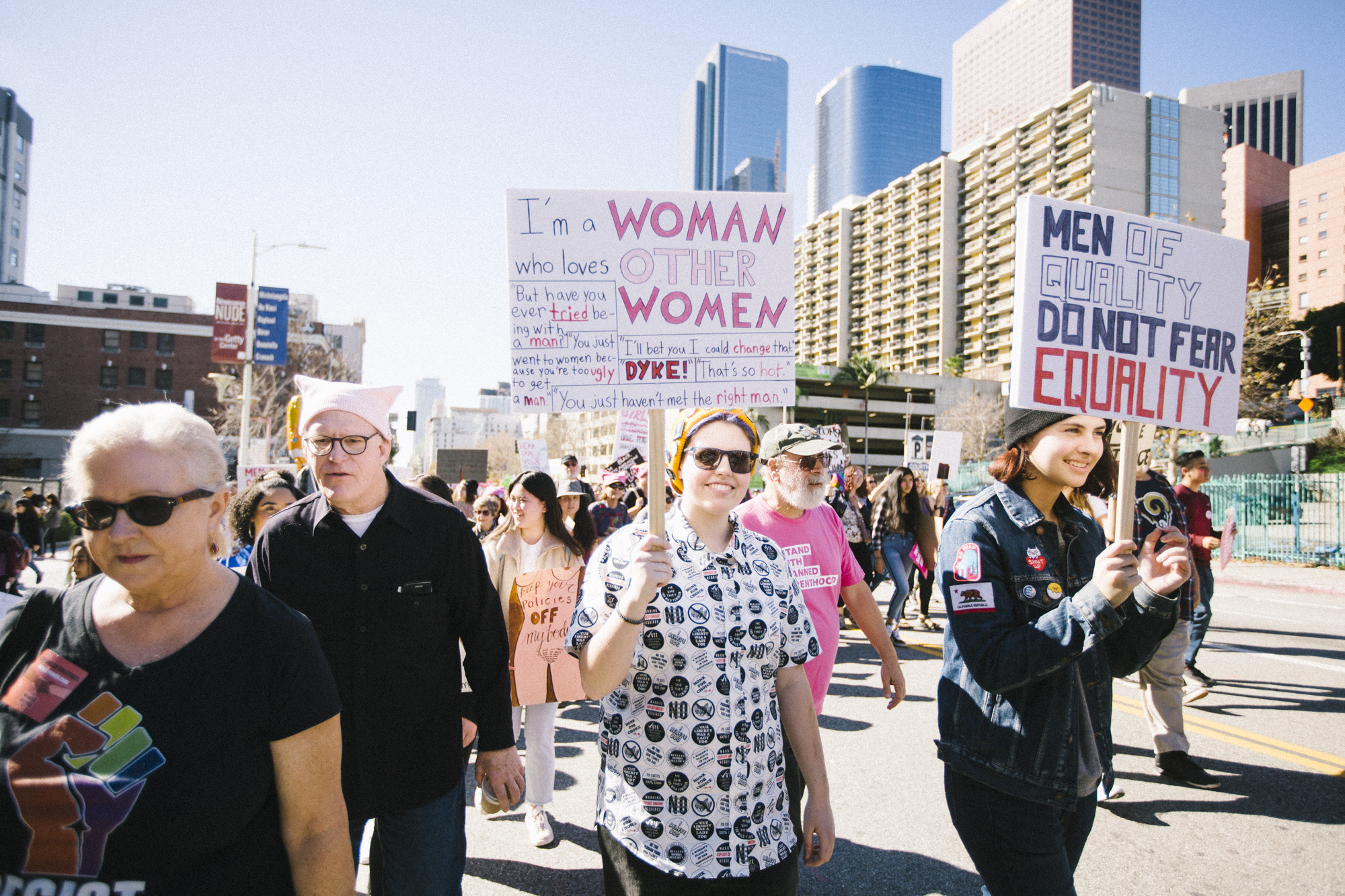
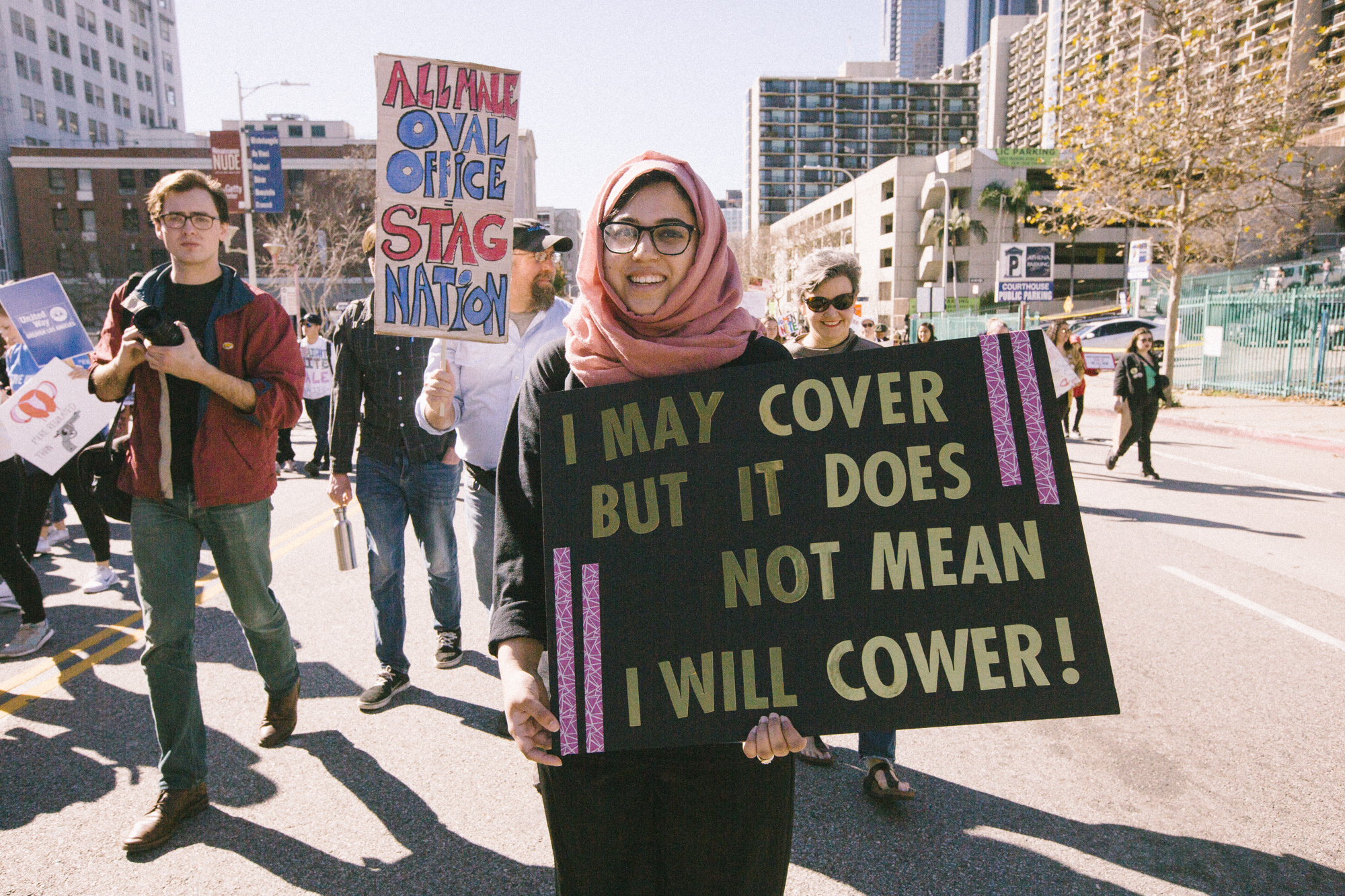
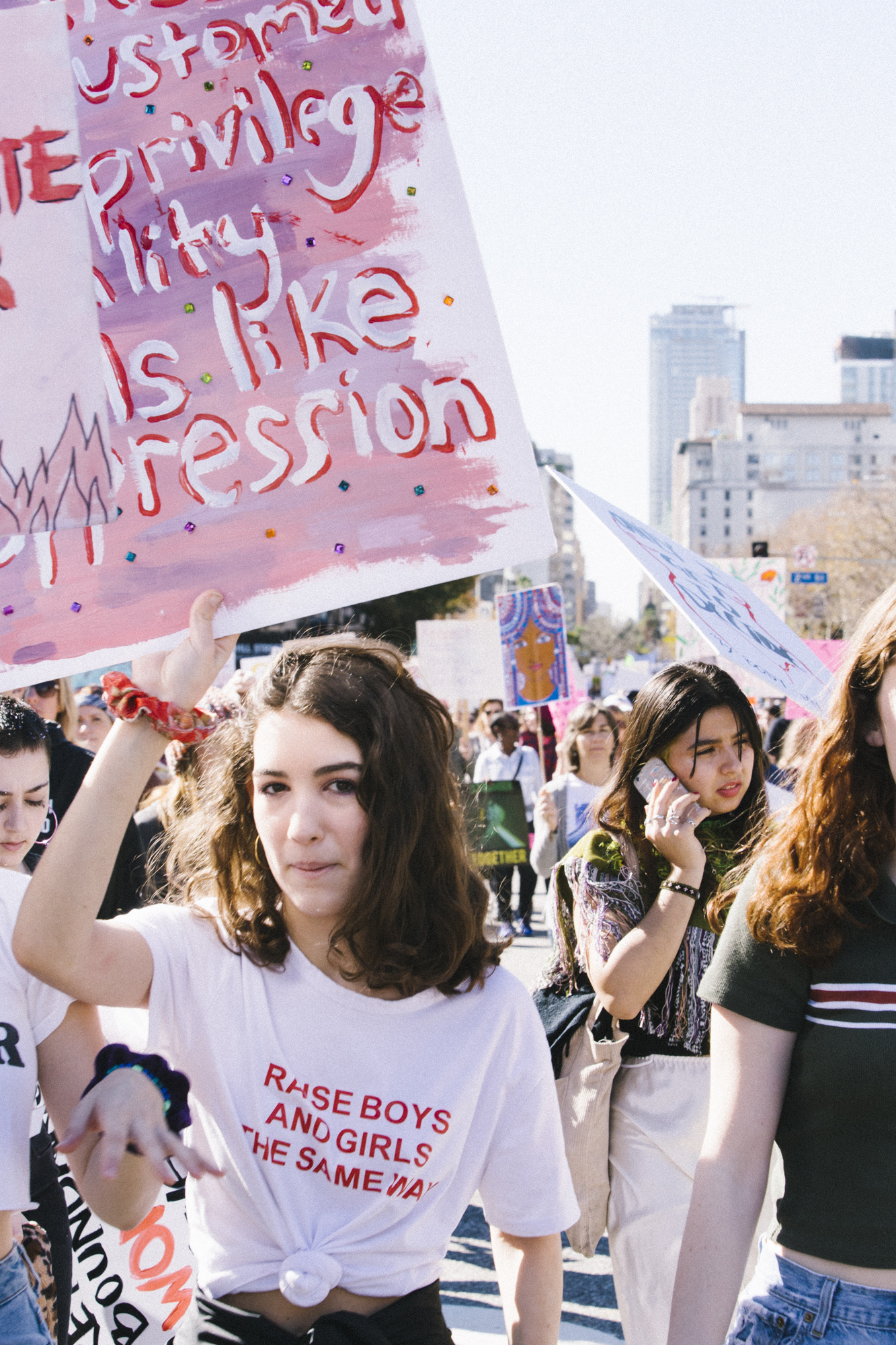
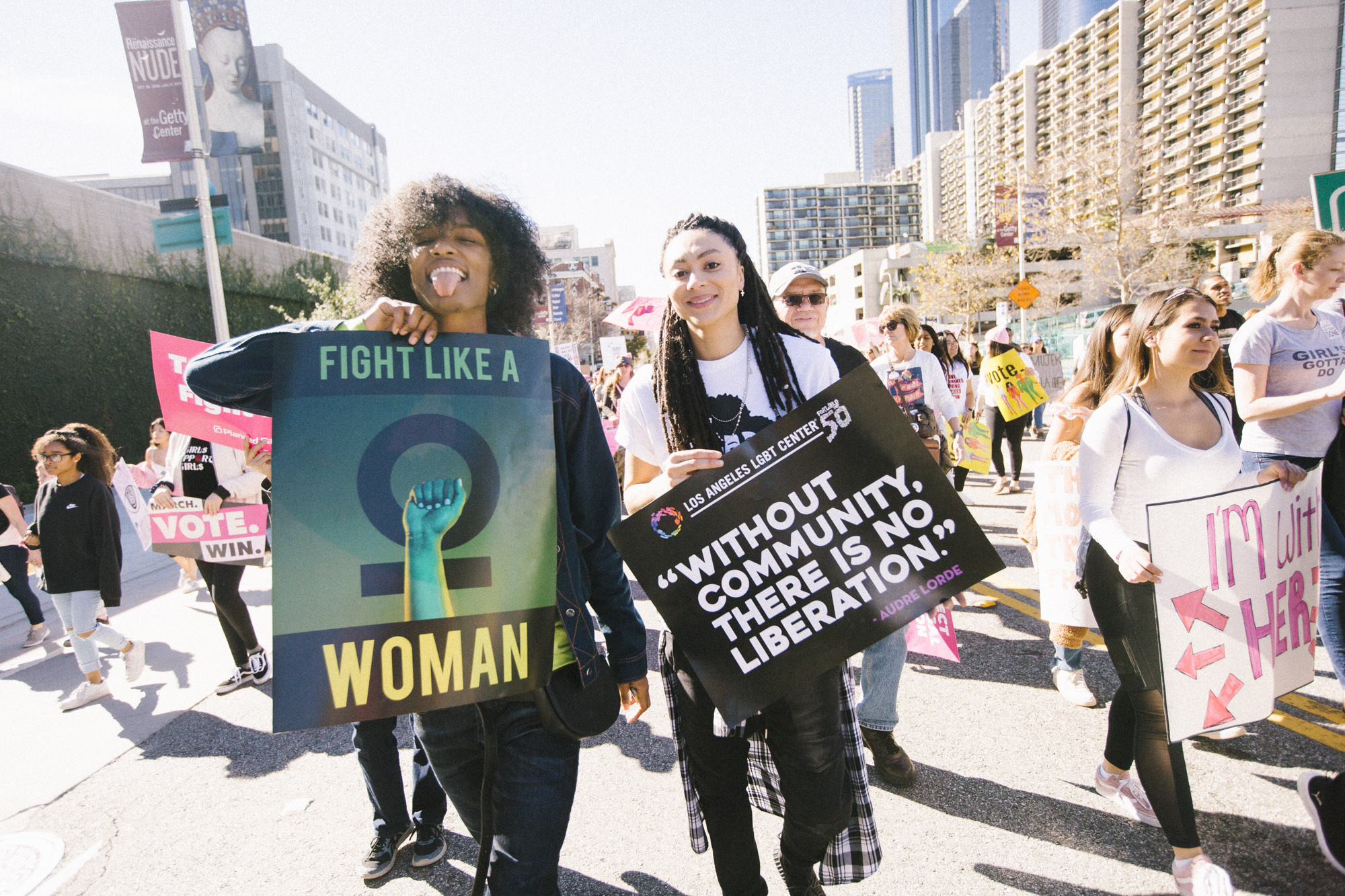
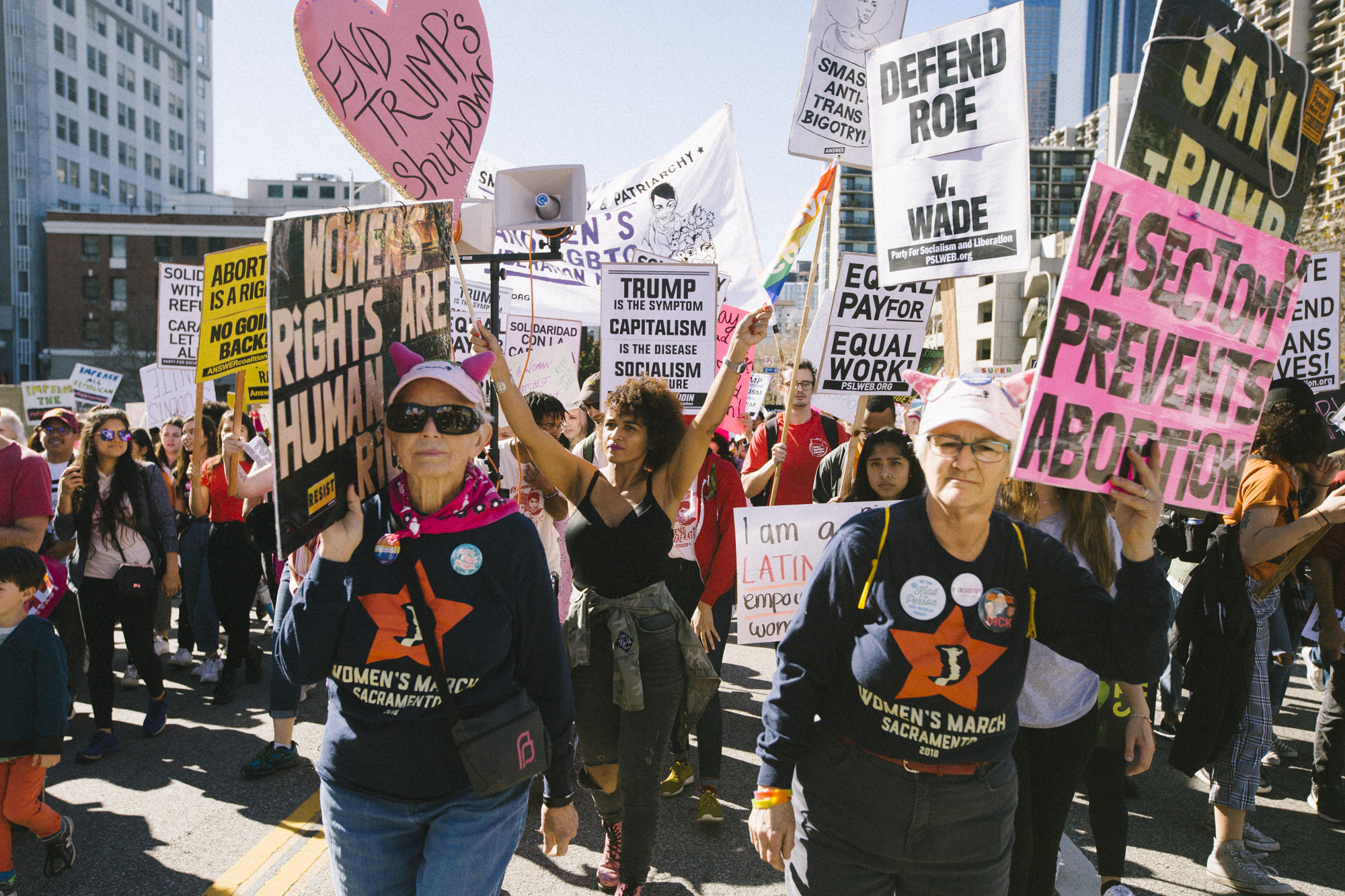
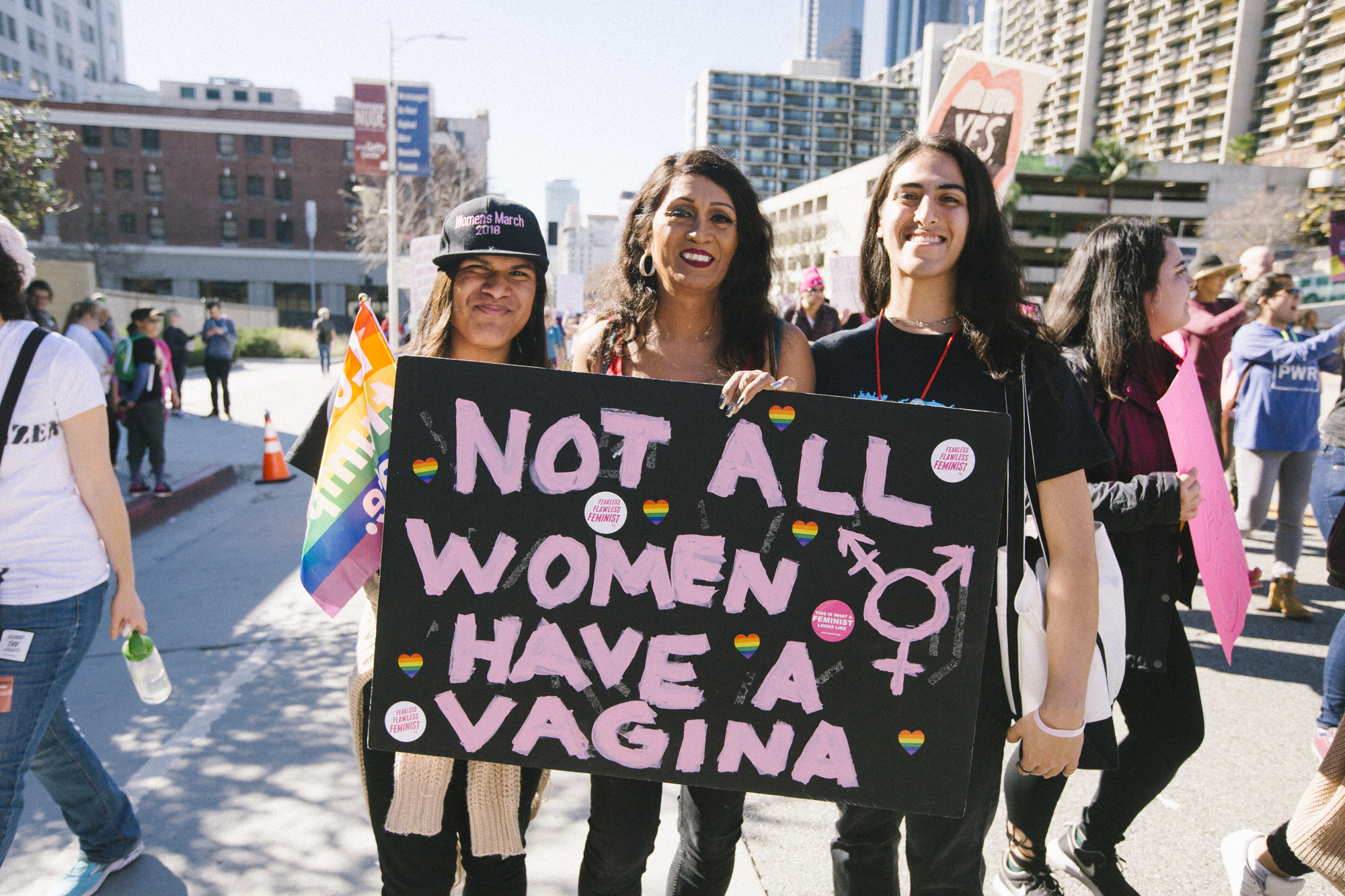
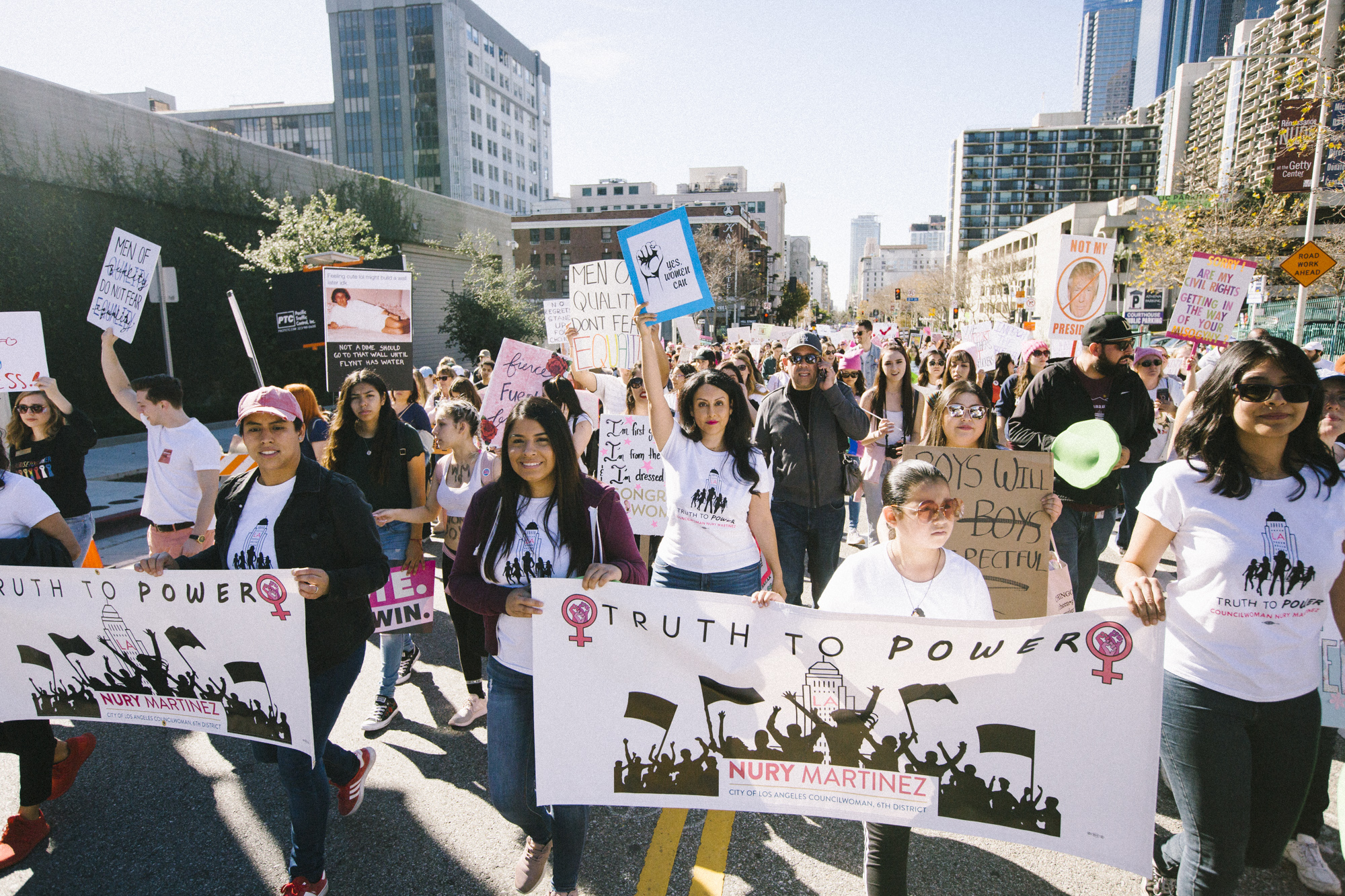
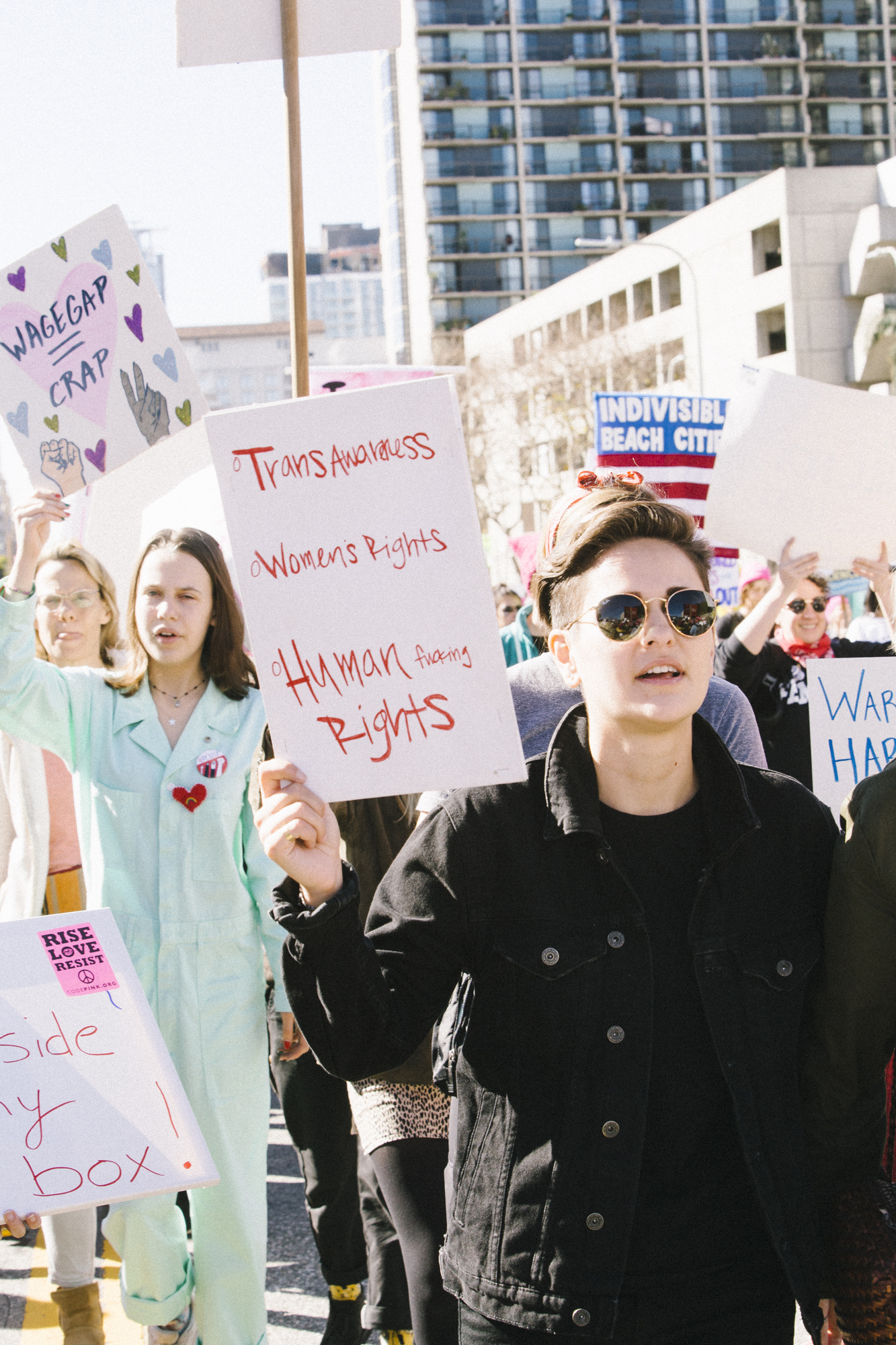
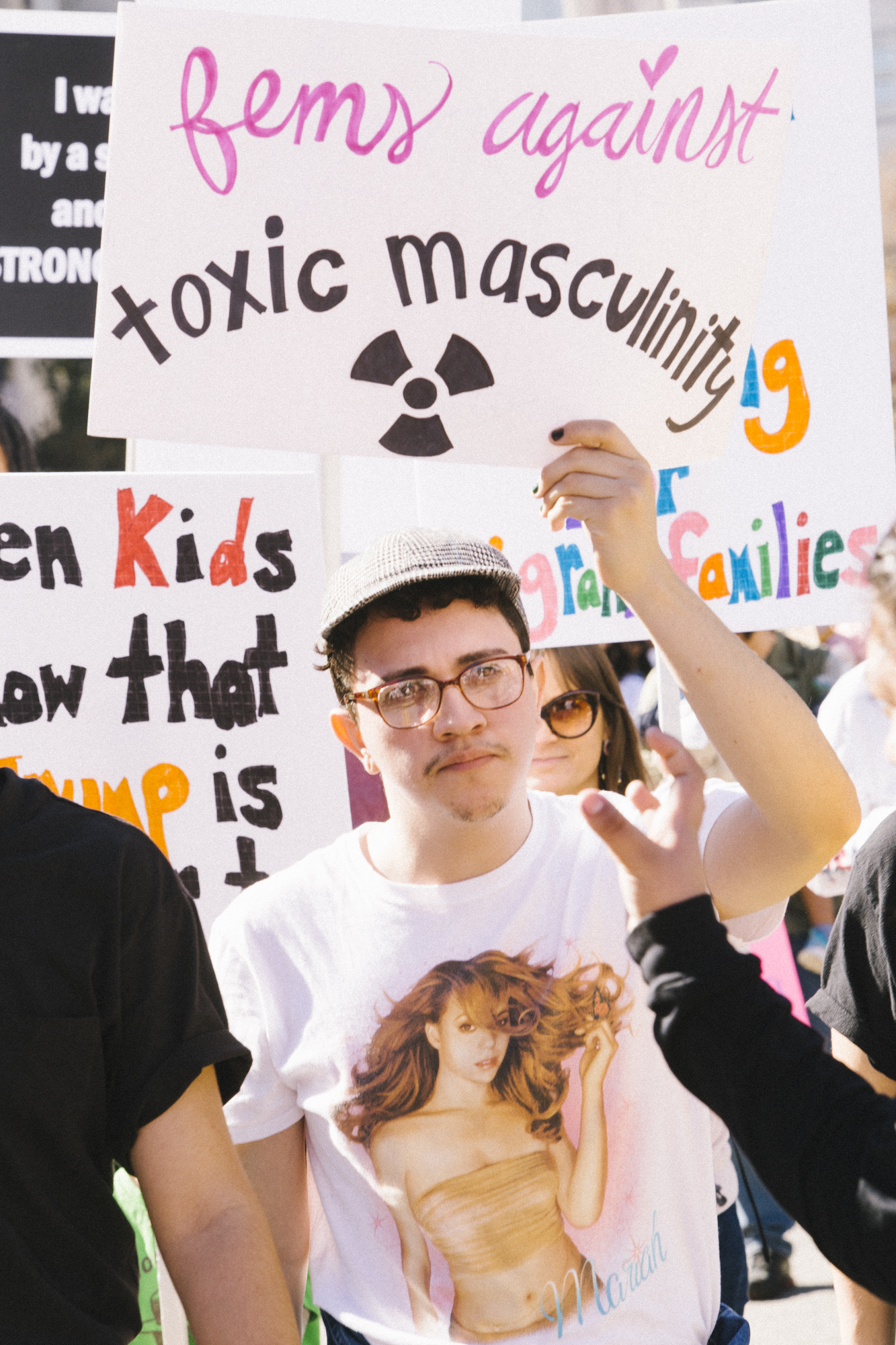
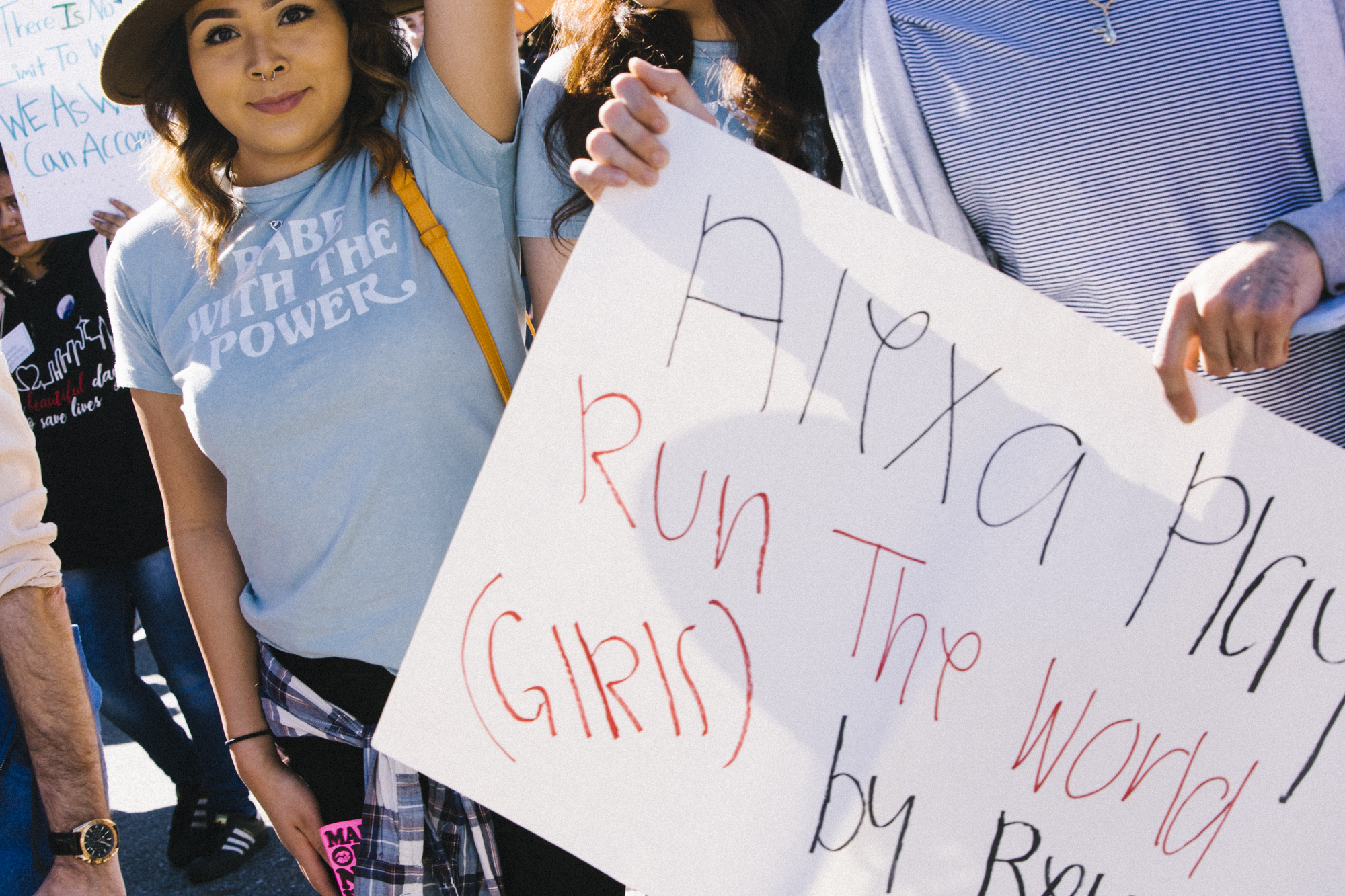
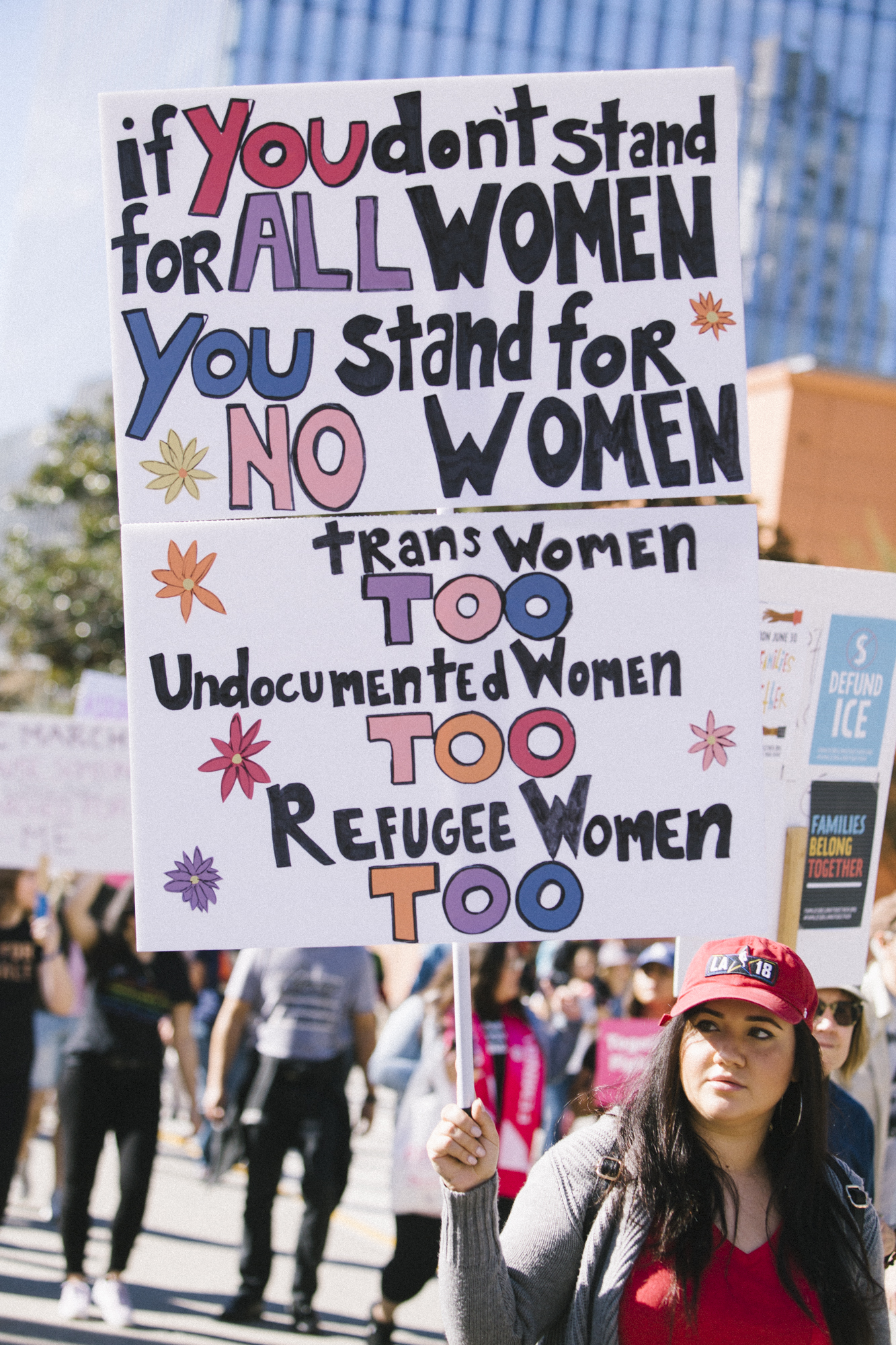
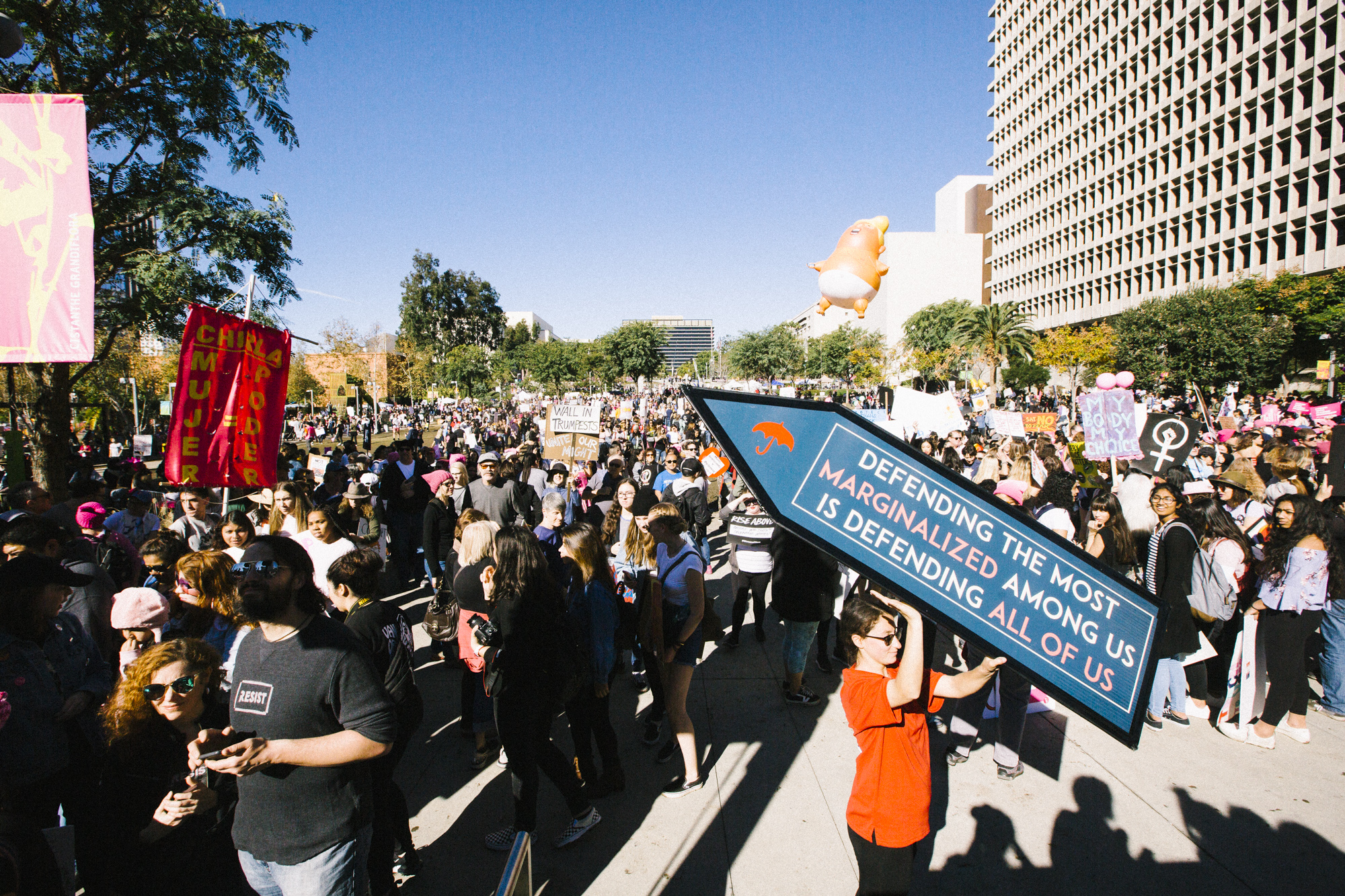








Comments
These photos makes me so happy! Thank you Molly!
Thanks you for the photos and first hand insights Molly. Would you mind explaining what you mean by “problematic white people at this march?” I tried skimming through the mission statement, but I caught no sight of something they were trying to avoid. No need for specifics, just the general idea.
Farrahkhan problems are just beyond antisemitism(also black Jews do exist), he’s also a known misogyny too and has praised a few dictators, including Castro. Not a good start to when women’s march is suppose to be about all women, yet they support(still the case last I heard) someone who isn’t on the side of women really.\
How crowded was the march this year? I work down the street from it and it felt less crowded(less people walking and driving) than previous years. I take these were shot on your film camera? Thanl you for this!
For anyone interested, Call Your Girlfriend podcast did an overview of the various controversies surrounding the Women’s March(es). It’s a good conversation!
https://www.callyourgirlfriend.com/episodes#/the-womens-march/
Great job Molly
I would appreciate it if Autostraddle started including image descriptions in your photo essays and in all your posts that include photos. This would make your content accessible to blind and low vision folks and others who benefit from written description of images. Thank you.